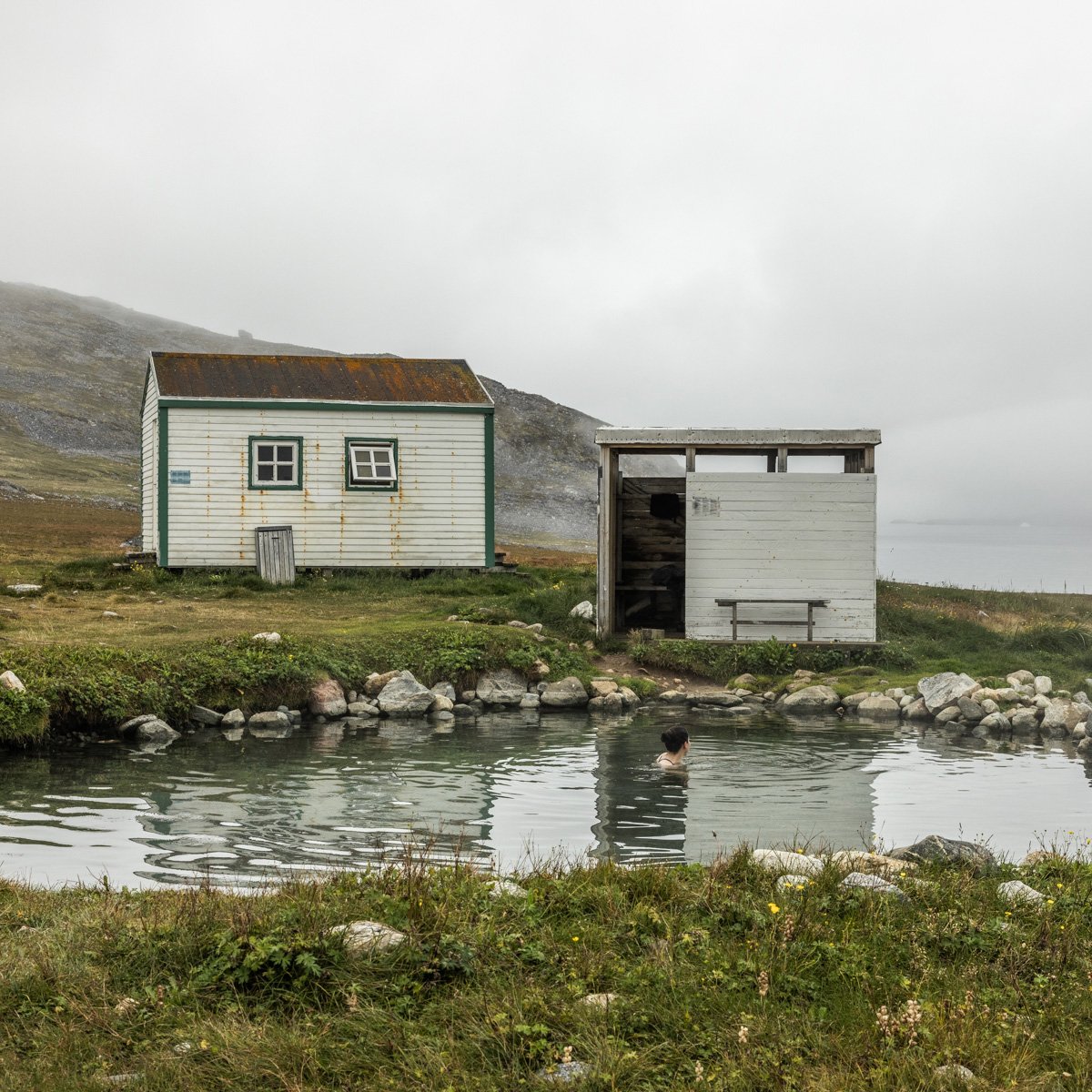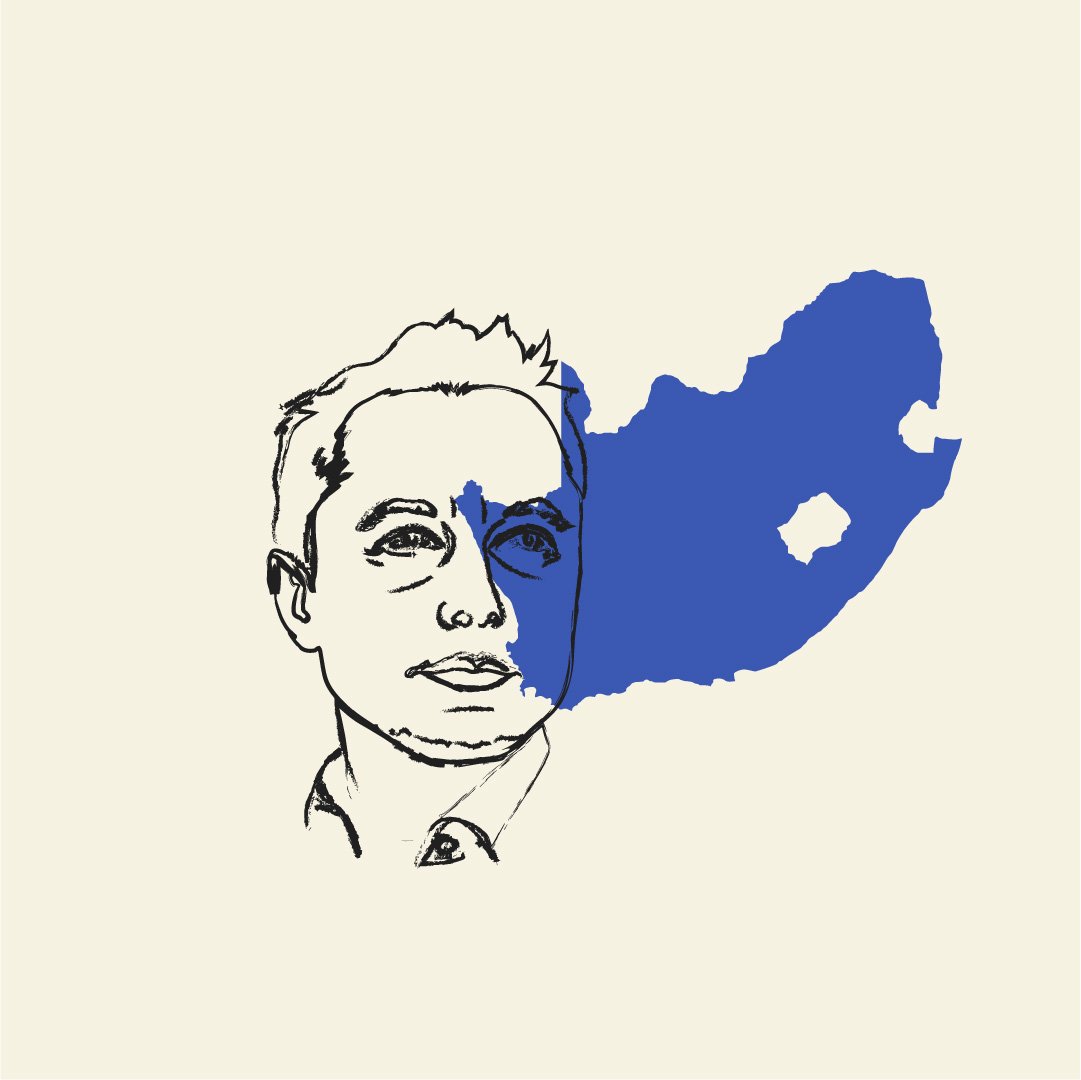The Aftermath of South Africa’s Reparations Program and Her Reporting Process
APRIL 6, 2023
The Reporter’s Notebook is our monthly interview series with Dial contributors. To receive these conversations directly in your inbox, sign up for our newsletter.
✺
Eve Fairbanks is a South-Africa based writer and reporter, whose revealing piece on the dispossession of the Cape Town neighborhood of District Six was published in our third issue, Reparation.
THE DIAL: You have spent years covering issues of injustice, reconciliation, and democratic restoration in post-apartheid South Africa. How did the process of reporting your piece for The Dial expand your approach to these topics and what emotions did it provoke, both from interviewees and for yourself?
EVE FAIRBANKS: I had an especially hard time getting in touch with some of my interviewees for this story, because they were a little disappointed by the process of reparations and uneasy to share their disappointment. Those who did go back to District Six, a neighborhood in Cape Town that was seized from them 50 years earlier, found that the land had changed so much. Many reporters who had covered the inception of the reparations program hadn’t been able to follow up with its beneficiaries, and some former residents I spoke with distrusted that their full stories would be told.
But the fact that so many ambivalent emotions came up provided me with a jumping-off point to ask, “Why do you think people didn’t come back to write about what really happened here?” As journalists, we have stories we want to tell, and we sometimes get kind of wedded to a particular storyline. We don’t necessarily want to go back for further reporting and have that undermined. These conversations about process really deepened the story, ultimately.
THE DIAL: How do you approach the question of what reparations cannot repair and restore?
EF: I think a lot, when I write, about things that we understand in our personal lives. How we think about each other — and how we often don’t apply that same kind of thinking to politics or to our understanding of political behavior. In our personal lives, we know our memories are fallible. But sometimes, when people are asked about their memories of a political event or a war or something like that, it’s presented as exactly what happened, even though that is likely not the case.
In South Africa, I discovered that the memory of the lost neighborhood of District Six had become a bit of a fetish object. Over many years since their loss, its residents had created a memory of it that inevitably differed from the reality. In fact, many people were willing to not get back the material things they had lost — their houses and apartments — if that meant that their memories would not be disturbed. They’d rather hold on to the memory. Hearing that was really moving to me, because I found it understandable on a personal level. But it caused so much complexity in the restoration process. It turned out that some hoped the South African post-apartheid government would restore something that had never quite existed in the first place.
THE DIAL: Can you describe the current relationship between former District Six residents and the migrants who have taken up residence in one part of the neighborhood, which they refer to as Mokopotola? Do some former residents support the government’s attempt to clear the space as a way to fulfill its promise of returning land to evicted District Six residents?
EF: Mokotopola is one of a number of communities of unhoused people on what was supposed to be “empty” land ready to return to the residents from whom it was stolen in the 1960s. Some former District Six residents want to evict those people. The Mokotopola resident that I spoke to was quite frank that he makes a living through theft. That’s one of the former residents’ issues.
But I also spoke to the director of a museum dedicated to the old District Six. She said she sometimes feels former residents have become too protective over District Six. They want it back. They feel it’s theirs still. In a technical sense, it’s as if they’re doing to the new residents exactly what was done to them, because of their sense of ownership of this space.
And [the museum director] was wondering: How do you promote reparations and restoration, this return of an object, but also encourage a different sense of ownership over it than one that’s private-property oriented — the sense of space apartheid implemented? There can be a paradox in reparations: When you return something that someone else stole, you’re almost returning it according to the way the original thief valued it: That it’s very precious, it’s worth a certain amount monetarily, and you have to keep it clean, and keep interlopers off of it.
THE DIAL: How did these experiences and how did the reporting on this piece change your own understanding of the South African land reparations program?
EF: I’d done more work on the rural side of it — I wrote part of my recent book, The Inheritors, on the rural aspect of land reparations. However, the rural side of this process is considered to have failed to an even greater extent.
So, before I reported this piece, I had not yet met someone like the main character, Juliega Cooper, who ultimately said, “I do feel that I got some recompense. I do feel better.”
I find we journalists can tend towards pessimism in our stories or pursue stories of breakdown. But here I got a sense that, even if you don’t get back what the government originally took from you or what you hoped to receive, reparations is still a worthy process. Beginning the process helps people think through what they really lost and what would be a kind of healing. Even if it doesn’t go smoothly, to say the least, it starts a conversation.
✺ Interview conducted by The Dial in conjunction with “Issue 3: Reparation”
EVE FAIRBANKS writes about change: in cities, countries, landscapes, morals, values, and our ideas of ourselves. Her debut book The Inheritors, about South Africa, won the 2023 PEN/America John Kenneth Galbraith Award for Nonfiction. A former political writer for The New Republic, her essays and reportage have been published in The Washington Post, The New York Times, and The Atlantic, among other outlets. Born in Washington D.C. and raised in Virginia, she’s lived in Johannesburg, South Africa, for thirteen years.
BRYAN HERNANDEX BENITEZ is a senior at the University of California, Berkeley studying English and City & Regional Planning. He has been a deputy editor for The Daily Californian and an assistant editor for Berkeley Fiction Review.




